How a Residential Plumber Can Save You Money
Explore the pivotal role a residential plumber plays in maintaining your home's plumbing system and how their expertise can lead to significant cost savings over time.
1. Proactive Maintenance
Homeowners often underestimate the potential savings that regular maintenance can deliver. One crucial service a residential plumber offers is regular system inspections, which help identify potential problems before they become serious issues. By hiring a plumber to conduct periodic inspections, homeowners can prevent unexpected breakdowns that often lead to costly repairs. Regular inspections not only ensure that your plumbing system operates efficiently but also extend the lifespan of the various components.
Leak detection and repair is another vital facet of proactive maintenance that can lead to significant savings. Plumbing leaks, if left unchecked, can cause extensive water damage to a home. The cost of repairing such damage can be substantial, not to mention the increase in utility bills due to water wastage. By identifying and fixing leaks early, a plumber can save homeowners both money and the headache of dealing with water damage. Implementing a proactive leak detection system can significantly reduce unnecessary expenses.
The condition of your pipes is crucial to the health of your plumbing system. Regular monitoring can prevent premature replacements, which are costly. Residential plumbers provide expert advice on the state of your pipes and suggest timely interventions when required. This kind of proactive management helps maintain the structural integrity of your plumbing, ensuring that you get the maximum lifespan from your fixtures. Additionally, periodic drain cleaning services ensure smooth operation, preventing blockages that necessitate repairs.
2. Energy Efficiency Improvements
A residential plumber plays a pivotal role in enhancing the energy efficiency of a home's plumbing system. One significant way they achieve this is by installing low-flow fixtures, such as taps and showerheads, which reduce water usage and lower water bills. These installations can lead to considerable savings over time, making initial investments worthwhile. Besides saving money, these fixtures contribute to water conservation efforts, which is increasingly important in today's environmental landscape.
Plumbers also optimize water heaters, ensuring they operate at peak efficiency. Regular maintenance and evaluation of your water heating system can significantly reduce energy consumption, translating into lower energy bills. Furthermore, plumbers can recommend replacing outdated water heaters with energy-efficient models that have better insulation and heat retention capabilities. Energy-efficient water heaters not only reduce utility bills but also contribute to environmental sustainability by lowering your carbon footprint.
Insulating pipes is another method utilized by plumbers to improve energy efficiency. Proper insulation prevents heat loss, which is crucial for maintaining desired water temperatures without excessive energy use. By ensuring hot water pipes are well-insulated, homeowners can reduce energy waste and enhance the efficiency of their water heating systems. Additionally, addressing any faulty equipment is vital, as malfunctioning components often lead to increased energy consumption. Plumbers assist in identifying and rectifying these inefficiencies, leading to long-term cost savings.
3. Preventive Measures and Innovations
The adoption of smart plumbing technology represents a significant advancement in preventative maintenance from a residential plumber. Smart systems allow homeowners to monitor water use and detect leaks automatically, providing real-time data that helps with water management. These systems offer an extra layer of protection against costly water damage and excessive bills. By utilizing technology effectively, plumbers help homeowners stay ahead of potential issues, saving money while enhancing convenience and control.
Regular valve and sewer inspections are essential components of preventative care. Plumbers carry out these inspections to ensure all parts of the plumbing system function correctly and are free from defects. If left unchecked, any malfunction in these areas can lead to system failures that require expensive repairs. Consistent inspections allow homeowners to identify and fix minor issues before they escalate, thus avoiding larger and more costly problems. This proactive approach is supported by the plumbing industry's vast workforce; according to Jobber, the plumbing industry in the U.S. currently employs over 736,000 people.
Innovative diagnostic tools are utilized by plumbers to ensure peak performance of the plumbing system. These tools enable them to detect and address minor issues before they develop into significant problems. Advanced diagnostics offer precise insights into the system's health, facilitating timely interventions that prevent costly damage. Moreover, regular water quality testing is crucial in preventing corrosive damage, protecting plumbing components from premature wear and tear. By investing in these preventative measures, homeowners can protect their property and reduce expenses over time.
4. Emergency Plumbing Situations
Developing a strong relationship with a reliable residential plumber is invaluable for avoiding emergencies. Trusted plumbers provide rapid response services in urgent scenarios, reducing both stress and potential damage. Having an established connection means that the plumber is familiar with your system, allowing for swift diagnosis and repair. This proactive relationship can significantly mitigate the panic and expenses associated with unexpected plumbing emergencies. It's beneficial to establish this rapport before an urgent situation arises.
Understanding warning signs is crucial for preventing severe plumbing issues. Plumbers educate homeowners on recognizing early signs of problems, such as unusual noises, slow drainage, or water discoloration. Awareness of these indicators allows for proactive measures before symptoms worsen, thus saving significant costs associated with major repairs. Being informed equips homeowners with the knowledge to engage a plumber promptly, averting potential emergencies. This awareness is a critical part of a broader preventative strategy.
Establishing an emergency plan provides homeowners with a clear course of action during plumbing failures. Having a backup plan helps prevent rash decisions, reducing potential errors and further damage. Plumbers can assist in devising strategies and backup solutions for major system failures, ensuring minimal disruption. Implementing cost-effective alternatives and thorough financial planning can alleviate the impact of emergencies. Plumbers also emphasize the benefits of preventive maintenance over reactive emergency fixes, outlining clear cost analyses that favor proactive care.
5. Cost-Effective Remodeling and Installations
When considering home additions, efficient plumbing solutions are essential for controlling costs. Plumbers offer invaluable guidance in designing systems that cater to remodeling projects, particularly in kitchens and bathrooms, where plumbing plays a key role. Planning with professional input ensures that new installations integrate smoothly with existing systems, thereby minimizing unnecessary expenses. By incorporating efficient designs, homeowners can achieve functional and cost-effective solutions that enhance property value.
Retrofitting old systems involves updating existing plumbing infrastructure without incurring extensive expenses. Plumbers deploy strategies that focus on efficiency, ensuring that system upgrades are cost-effective. This process often involves minimizing disruptions to daily life and reducing the need for extensive structural changes. Efficient retrofitting not only enhances system performance but also extends the lifespan of plumbing components. By investing in targeted upgrades, homeowners can achieve significant savings over time.
Long-term financial planning is vital when considering plumbing upgrades. Plumbers provide expert advice on sustainable designs that save energy and resources, ensuring homeowners get the most return on their investments. Working closely with professionals helps homeowners assess future-proof solutions tailored to meet specific needs and budgets. Plumbers also guide the evaluation of new technologies, helping customers assess the cost-benefit ratio of modern innovations. Sound financial strategies are key to leveraging plumbing advancements for maximum savings and sustainability.
Engaging a residential plumber offers numerous pathways to achieve long-term financial savings. Whether through preventive maintenance, enhancing energy efficiency, harnessing innovative solutions, or strategic financial planning, professional plumbing services prove invaluable. Contact WITEC Electrical & Plumbing Contractors.
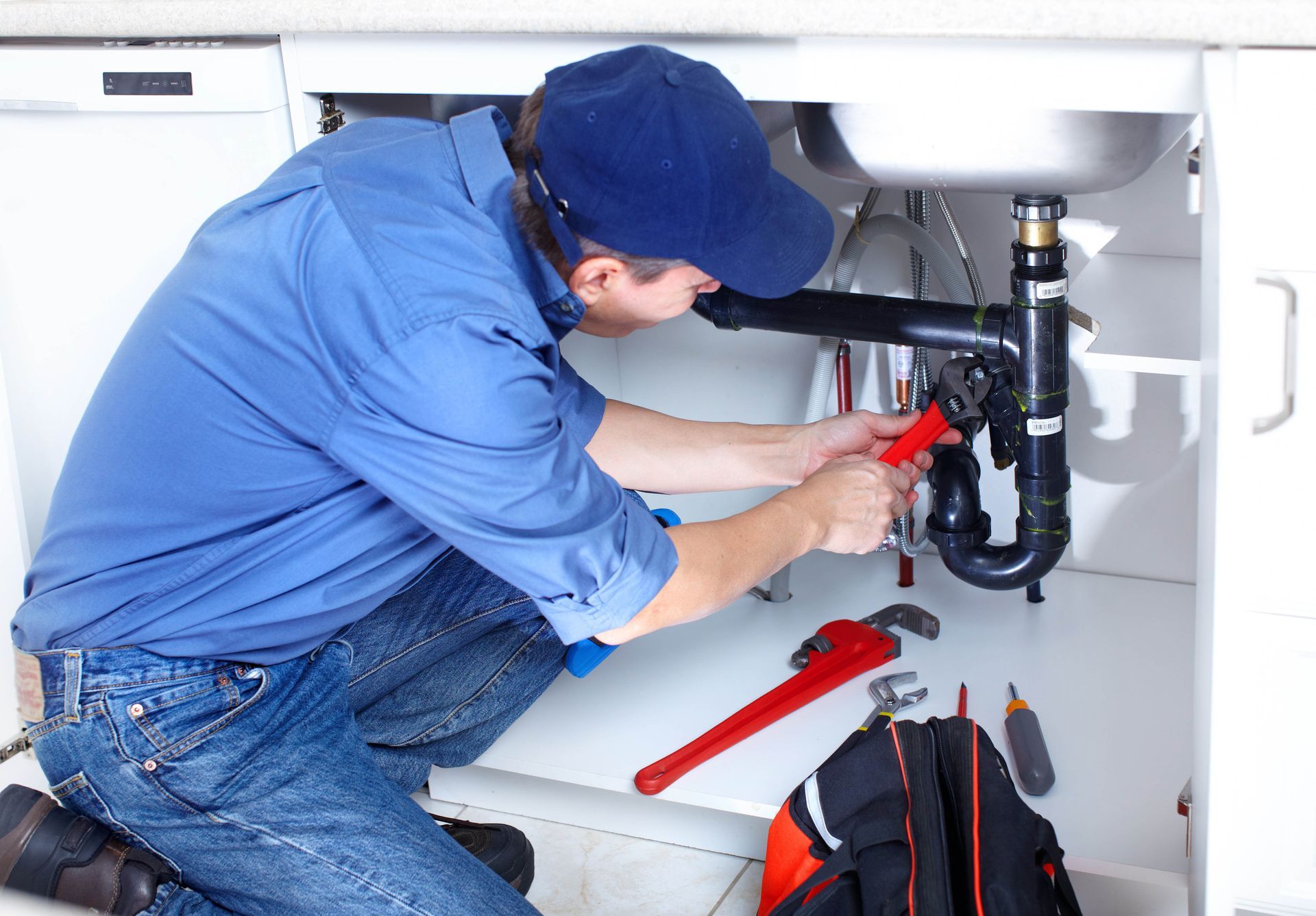
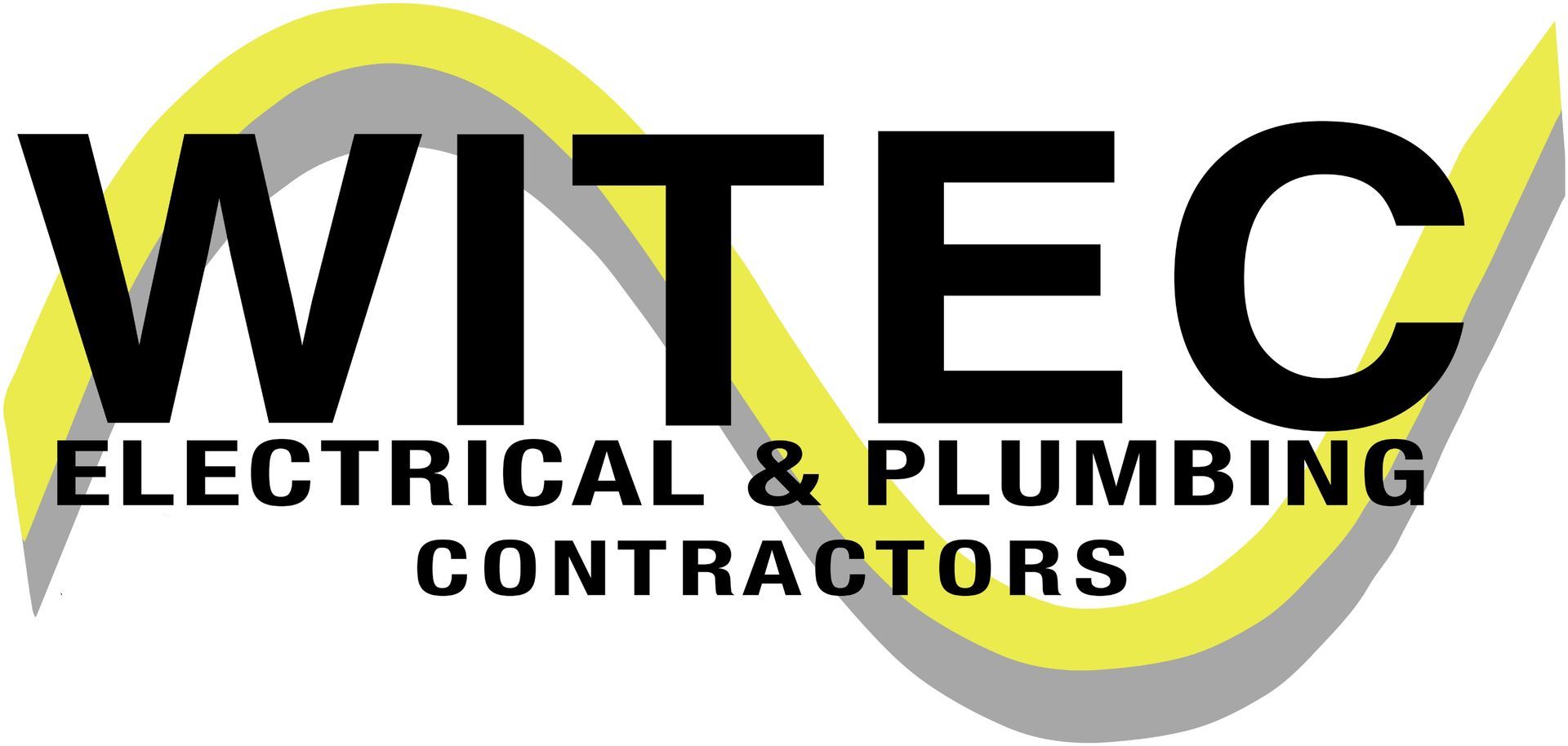
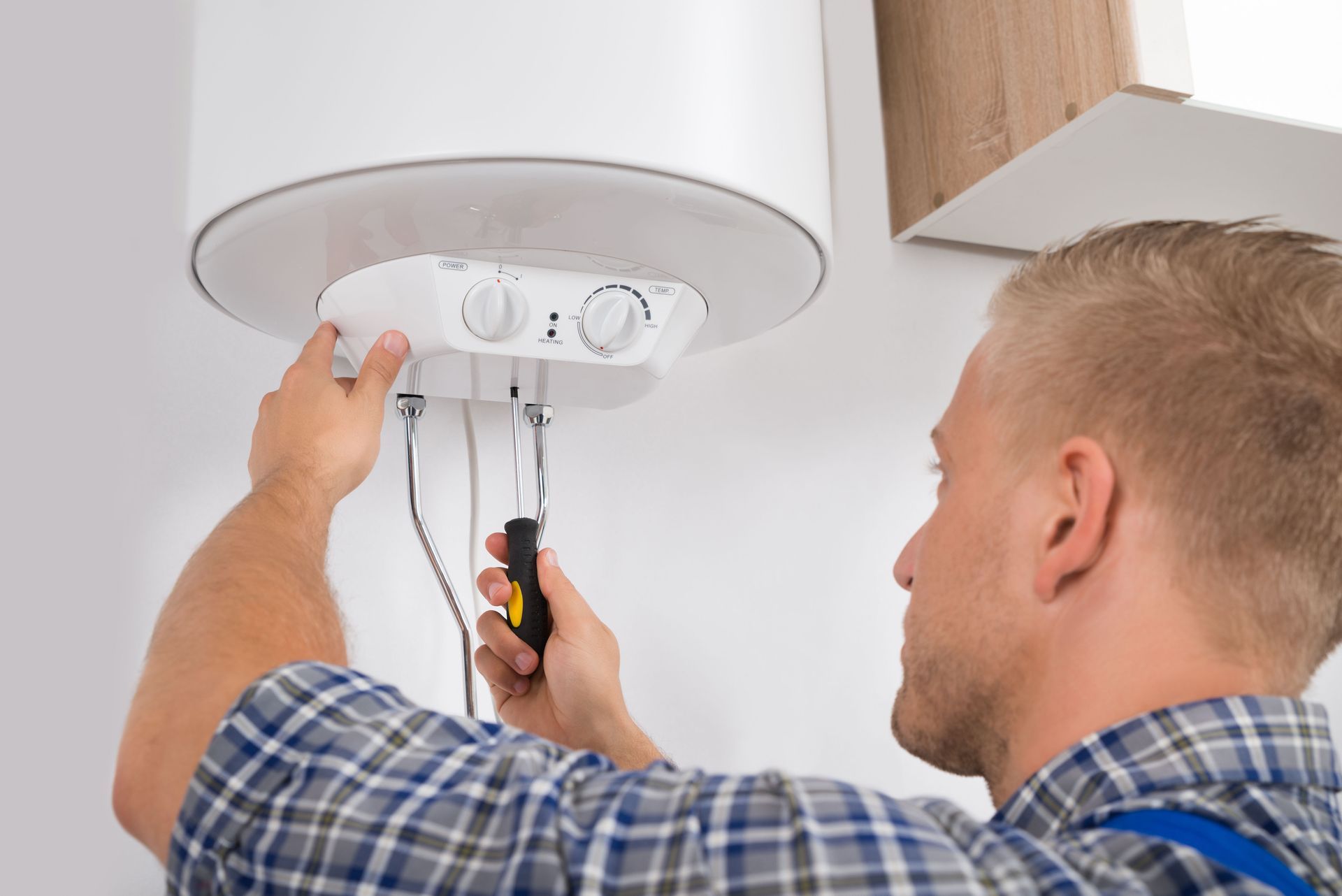
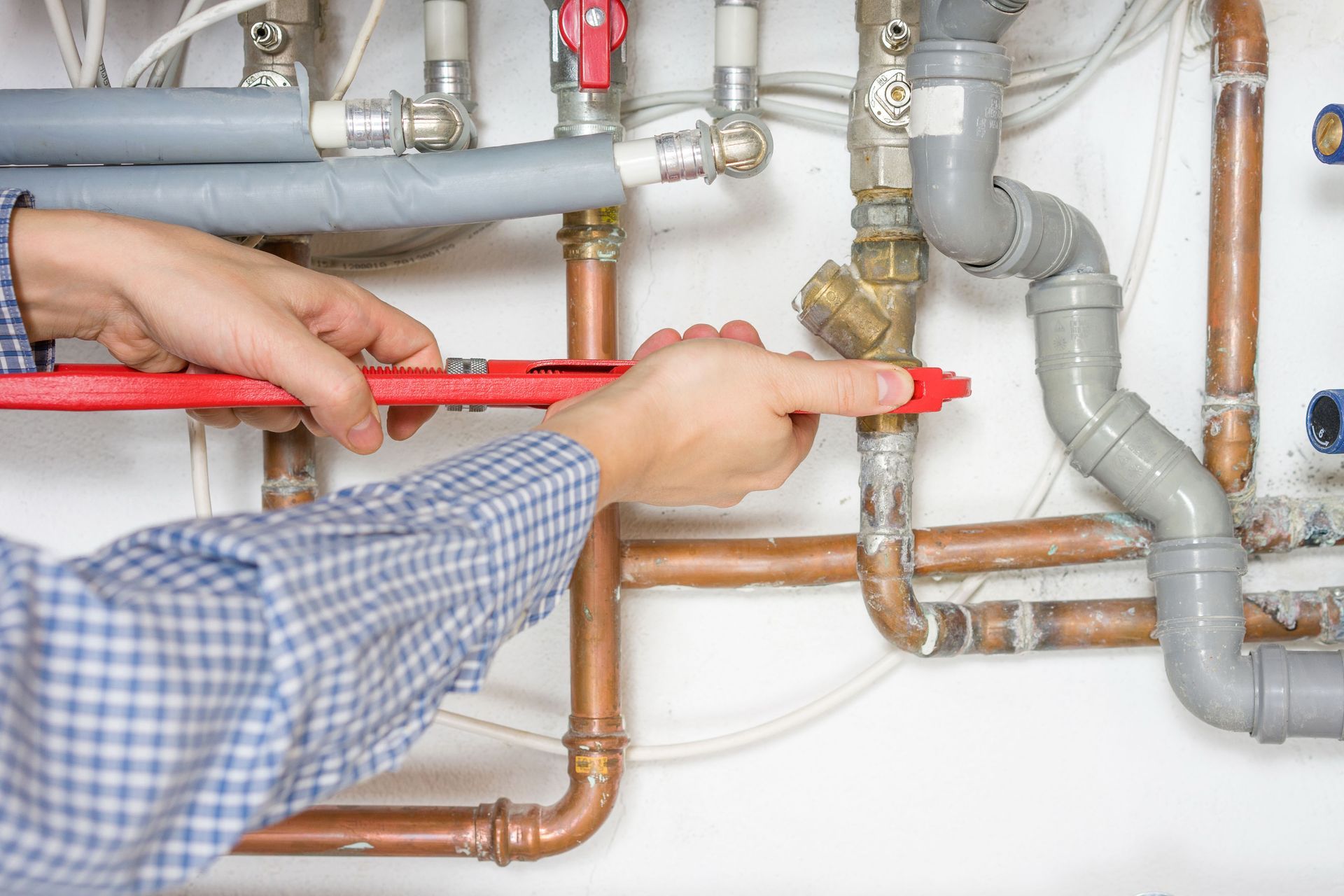
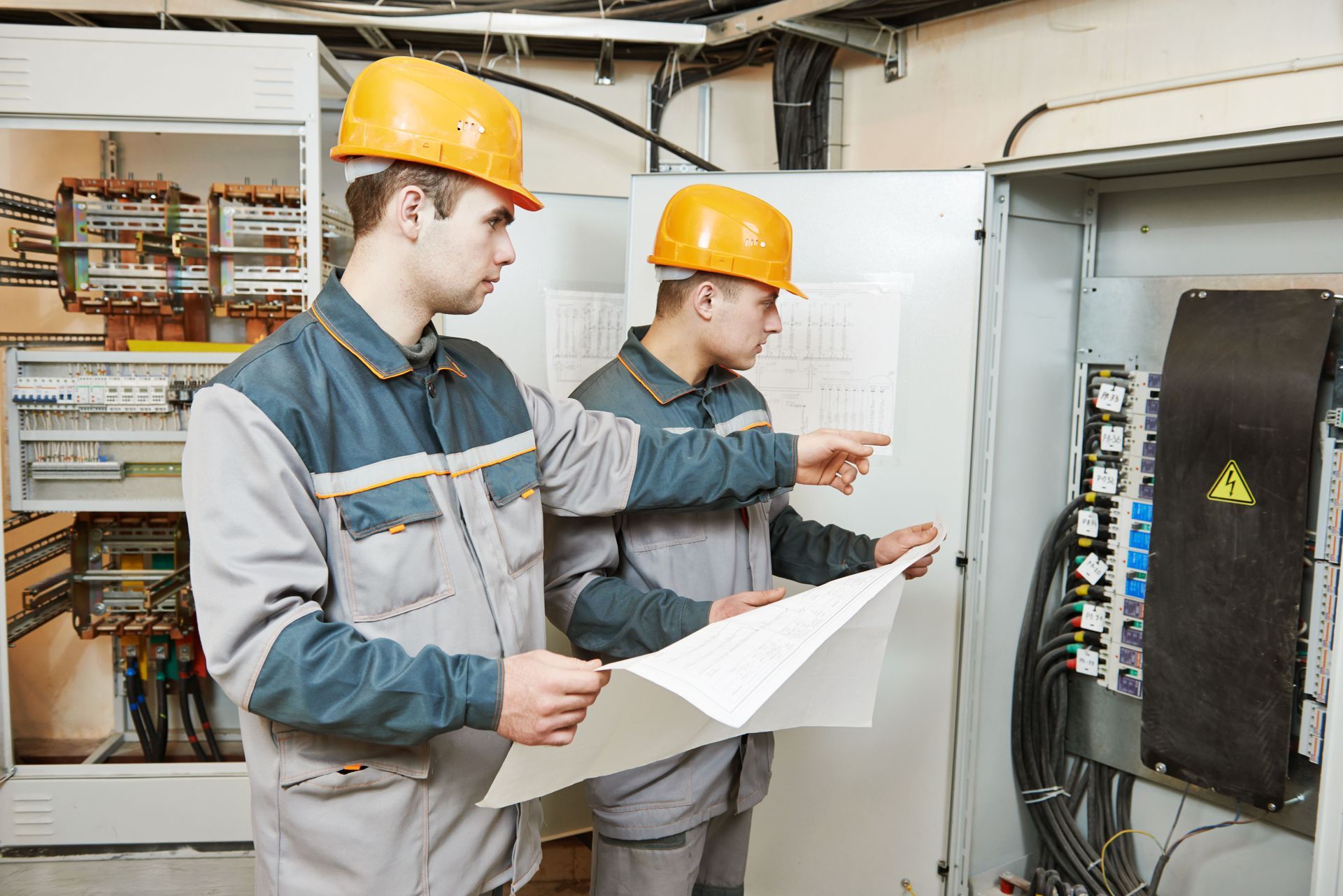
Share On: